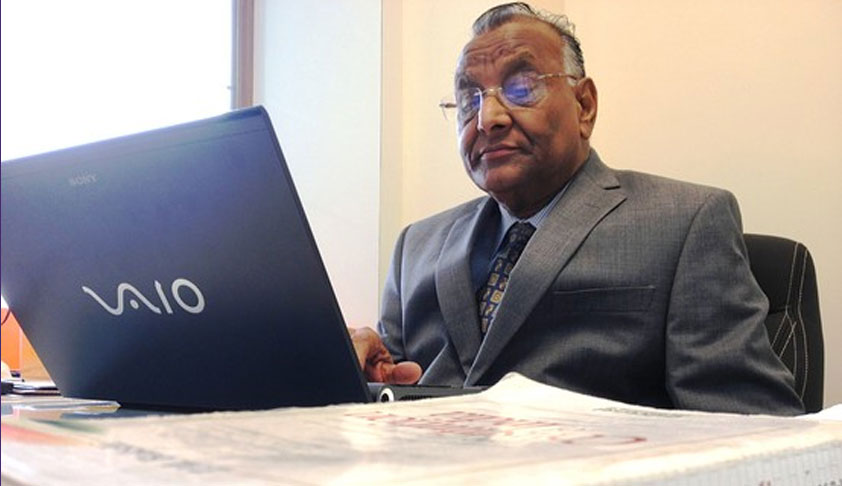Remembering Justice Bharuka (June 15, 1941- March 15, 2018)
LIVELAW NEWS NETWORK
16 March 2018 11:45 AM IST

Next Story
16 March 2018 11:45 AM IST
Former Acting Chief Justice of the High Court of Karnataka Dr Justice GC Bharuka passed away in New Delhi in the early hours of Thursday.He was born on 15.06.1941. After completing his studies, he started law practice in 1968 from Patna High Court. He was designated a senior advocate in 1984, elevated to the bench in 1990 and later transferred as a judge of the Karnataka High Court in...
